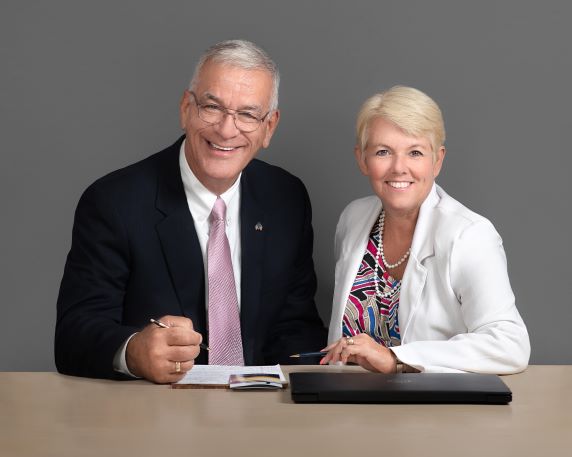The older we get, the more acutely aware we become of human mortality. And as we age, we often think more often of how we can help protect our family members in the case of an untimely death. Life insurance is different from other types of insurance — such as car insurance and health insurance — in that you most likely hope your family will never have to make use of it. However, since death is an inevitable part of life, chances are, your policy will not be purchased in vain.
According to a report published by Atidot — an insurance technology company providing AI, big data, and predictive analytics tools for the life insurance industry — many people with life insurance policies are actually underinsured, with only about 30 percent of total coverage needs being met, leaving approximately 70 percent of unmet potential coverage.1 Additionally, LIMRA’s 2018 Insurance Barometer Study found that about one in five people who have life insurance say they do not have enough.2If you’re in your 60s or 70s, there are a variety of things to consider when evaluating your life insurance needs.
Am I Too Old for Life Insurance?
From mortgages to home repairs, there are many expenses your spouse could incur in the event of your passing. By purchasing a life insurance policy, you’re providing both you and your family with peace of mind knowing that these expenses will not lead to the loss of a house or more. A common belief about life insurance is that it’s expensive, especially if purchased later
in life. However, as you get into your 60s and 70s, you may not need as substantial a policy, since your spouse may also not have as many years of living left to cover financially.
When considering whether or not you should get life insurance, it’s important to evaluate how many people rely on you for financial support, as well as how much that support entails. If your spouse doesn’t work or only works part-time, then they will most likely require additional income in the event of your passing. In a case like this, getting a life insurance policy is highly recommended if you want to make sure your partner is protected from excessive financial stress after you’re gone.
For people with estates very large estates, it’s often recommended to get permanent life insurance to minimize your estate taxes. Other people choose to fund their retirement with the cash value of their permanent life insurance. If this is your plan, then you’ll, of course, want to purchase a policy.
Life Insurance and Your Health Status
Typically, the older you are, the more expensive your life insurance quote is going to be. This is in part due to the fact that the older you are, the more health problems you could have. In some cases, you may be better off investing your money instead. If you’re in good health, it may make more sense for you to get a shorter-term policy. For those with health problems, you may want to consider getting guaranteed issue life insurance, which anyone can get regardless of any health issues they may have.
Renewing and Extending Your Life Insurance Policy
While you may have bought a policy years ago, if you have a term policy, you may want to consider extending your coverage if you aren’t able to cover retirement costs with pensions and savings. You can do this by either renewing your current policy or converting it to whole life insurance. If you choose to renew, it’s important to note that your premium could increase, and some companies may not even allow you to renew depending on how old you are.
What to Do Next
Regardless of your age, it’s always recommended to consult with a financial advisor who can evaluate your individual situation and needs to determine whether or not life insurance makes sense for you. We recommend that you choose the type of life insurance that offers the most benefits for both you and your family. Please set up a no-cost review so we can help you review your current policies and make sure that you avoid costly mistakes in your future.
To learn more, please contact Annie Clark owner of Clark Financial Partners at 941-238-6480.
What great advice! Thanks, Annie, for helping all of us protect what matters most. For more information about the services Clark Financial Partners provide, visit their website and follow them on Facebook. And, if you get a chance, don’t forget to tell them you heard about them on Discover Bradenton!

